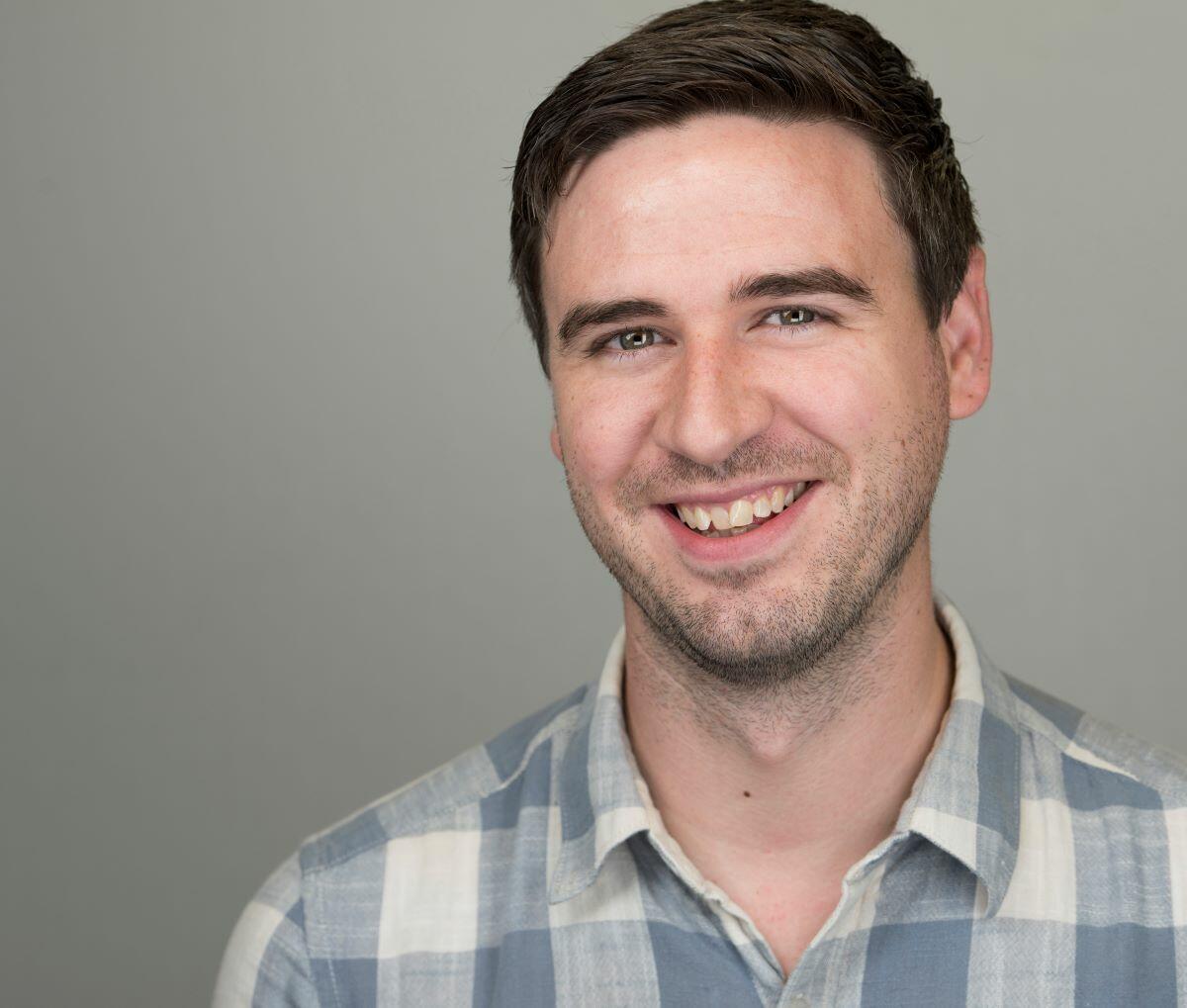
Professor Nick Casewell is a finalist in the Blavatnik Awards for Young Scientists in the United Kingdom – an internationally renowned prize for exceptional early career scientists.
Professor Casewell, Director of the Centre for Snakebite Research & Interventions (CSRI) at Liverpool School of Tropical Medicine (LSTM), is a world-leading expert in snakebite and snake venom biology, whose research is helping to improve treatments for some of the world’s poorest communities.
He is one of nine finalists in this year’s awards, which recognise scientific advances across life sciences, chemistry, physical sciences and engineering. The finalists were selected by an independent jury of expert scientists from universities across the country.
The Blavatnik Awards for Young Scientists, established by the Blavatnik Family Foundation in 2007 and independently administered by The New York Academy of Sciences, expanded into the UK in 2017. They are the largest unrestricted prizes available to UK scientists aged 42 or younger.
Internationally recognised by the scientific community, the Blavatnik Awards for Young Scientists are instrumental in expanding the engagement and recognition of young scientists and providing the support and encouragement needed to drive scientific innovation for the next generation.
Professor Casewell is the first LSTM academic to be included among the Blavatnik Awards finalists.
Professor Casewell said: “It is a great honour for me to have been selected as a finalist for the Blavatnik Awards for Young Scientists in the United Kingdom. However, this personal recognition has only been made possible by the outstanding contributions made by lots of other people over many years, most notably by the wonderful team at the Centre for Snakebite Research & Interventions at LSTM and our fantastic collaborators from all over the world. It is very humbling that our research, which focuses on the neglected topic of snakebite envenoming, has been recognised in this way.”
Snakebite expertise
Snakebite is a neglected tropical disease that kills tens of thousands of people a year, and leaves many hundreds of thousands more with physical disabilities or disfigurements. The majority of victims live in subsistence farming communities in low-and-middle income countries, and so there are also devastating economic consequences to snakebite.
The world-leading work of Professor Casewell and the CSRI team seeks to improve the efficacy, safety and affordability of antivenom treatments.
Most recently, this has included leading only the second clinical trial in 60 years of an oral snakebite drug, as well as substantial breakthroughs in repurposing existing drugs to tackle local envenoming and in developing novel monoclonal antibodies to block the effects of venom from a variety of snakes. His research and advocacy helped in the recognition of snakebite as a neglected tropical disease by the World Health Organization and its strategic roadmap to halve deaths by 2030.
Blavatnik Awards
On March 4, at Kensington Palace, Professor Shitij Kapur, FMEDSCI, Vice-Chancellor & President, King’s College London, will announce the three 2025 Laureates of the Blavatnik Awards for Young Scientists in the United Kingdom at a gala dinner and awards ceremony.
The three Laureates will each receive an unrestricted award of £100,000. The remaining Finalists will each receive £30,000.
Sir Leonard Blavatnik, Founder of Access Industries and Head of the Blavatnik Family Foundation, said: “We created the Blavatnik Awards to support the creative and novel research of promising scientists early in their careers, recognising their achievements and accelerating the trajectories of beneficial scientific breakthroughs and innovations,”
Professor Nicholas B. Dirks, President and CEO of The New York Academy of Sciences and Chair of the Awards’ Scientific Advisory Council, noted, “I wish these nine Finalists a hearty congratulations and best of luck. They demonstrate great promise and potential through their bold, scientific research. Their work lays the foundation for treatments and discoveries that can help people, our planet, and the pursuit of science itself.”